Several killed after explosion in Swiss ski resort barpublished at 06:16 GMT
Breaking
Several people have been killed, and others are injured, after an explosion in a bar in the Swiss ski resort of Crans-Montana, police say.
The…
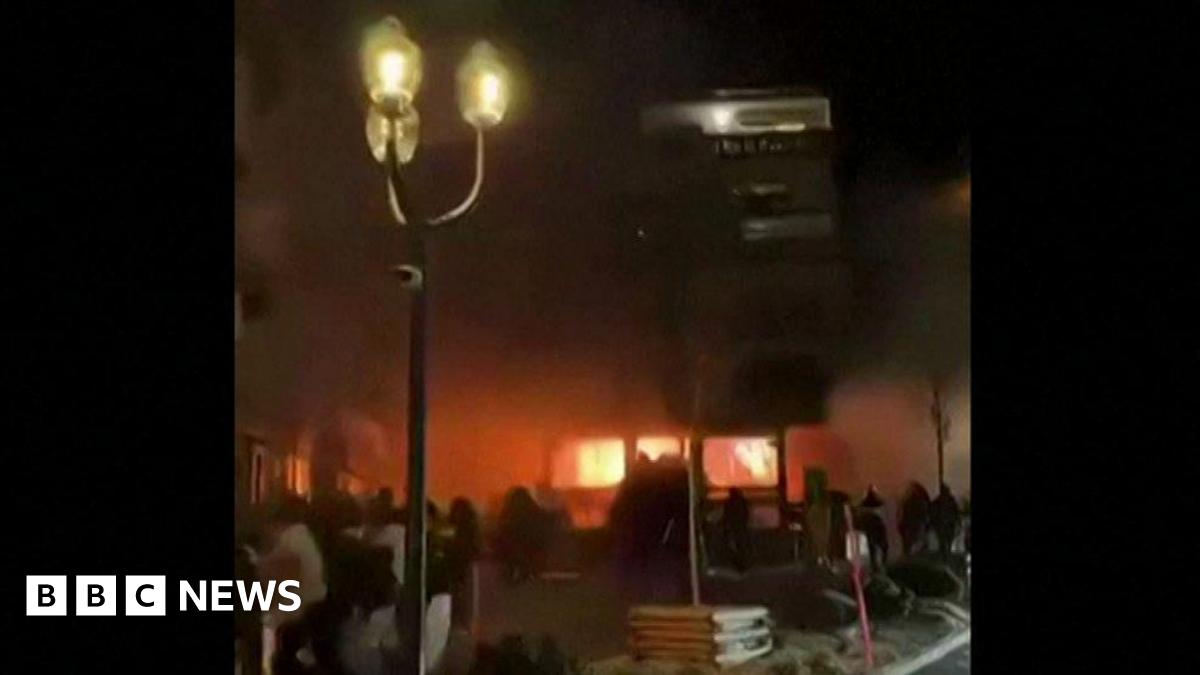
Breaking
Several people have been killed, and others are injured, after an explosion in a bar in the Swiss ski resort of Crans-Montana, police say.
The…
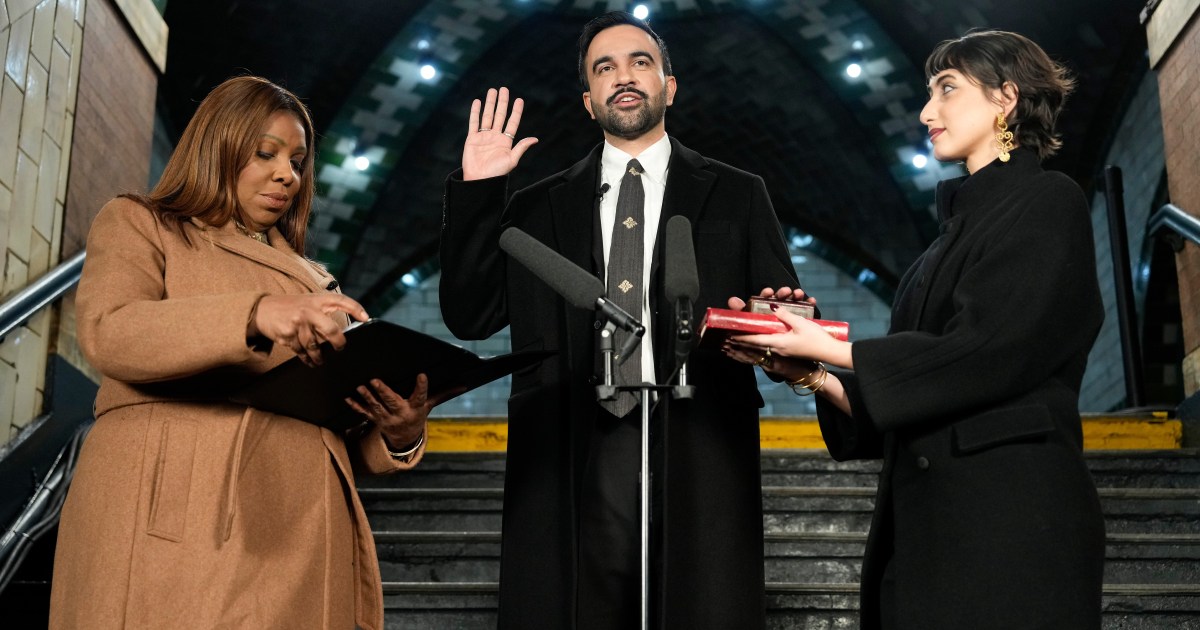
Published On 1 Jan 2026
Zohran Mamdani was sworn in as New York City’s mayor just after midnight in a historic ceremony at a decommissioned Manhattan subway station.
Making history as the…
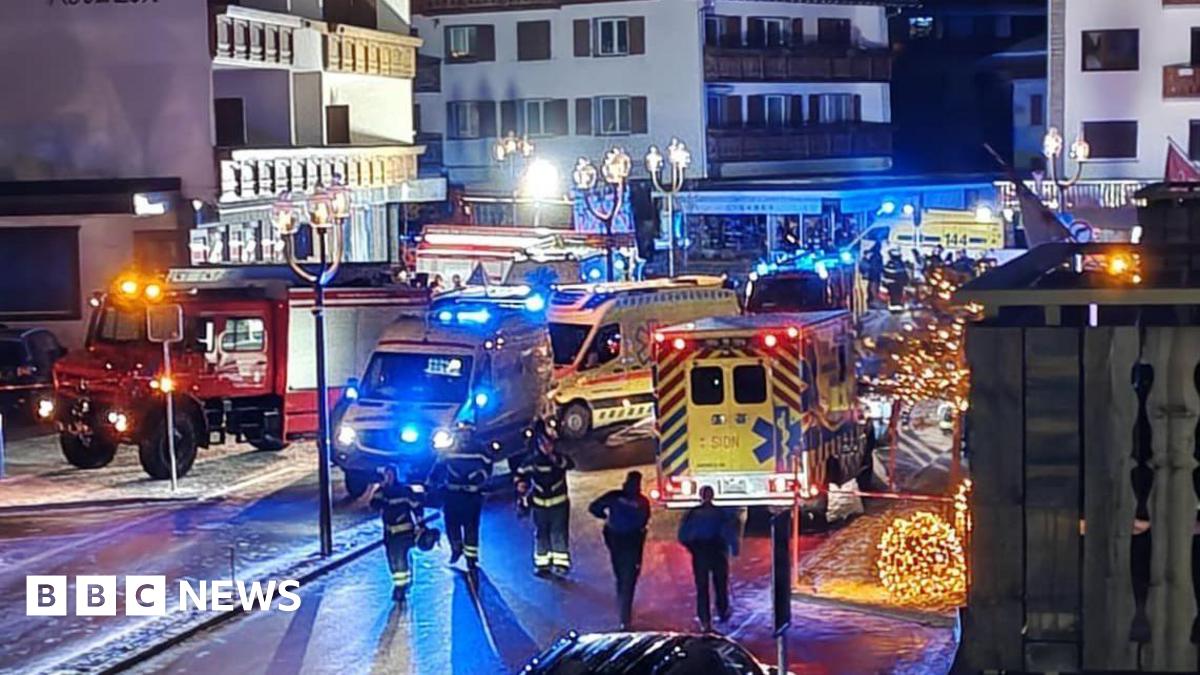
Breaking
Several people have been killed, and others are injured, after an explosion in a bar in the Swiss ski resort of Crans-Montana, police say.
The…

Ukraine was “10%” away from a peace deal, Volodymyr Zelenskyy said on Wednesday, and his country wanted an end to the war but not at “any cost”. The Ukrainian president, in his New Year’s Eve address, said any agreement needed…
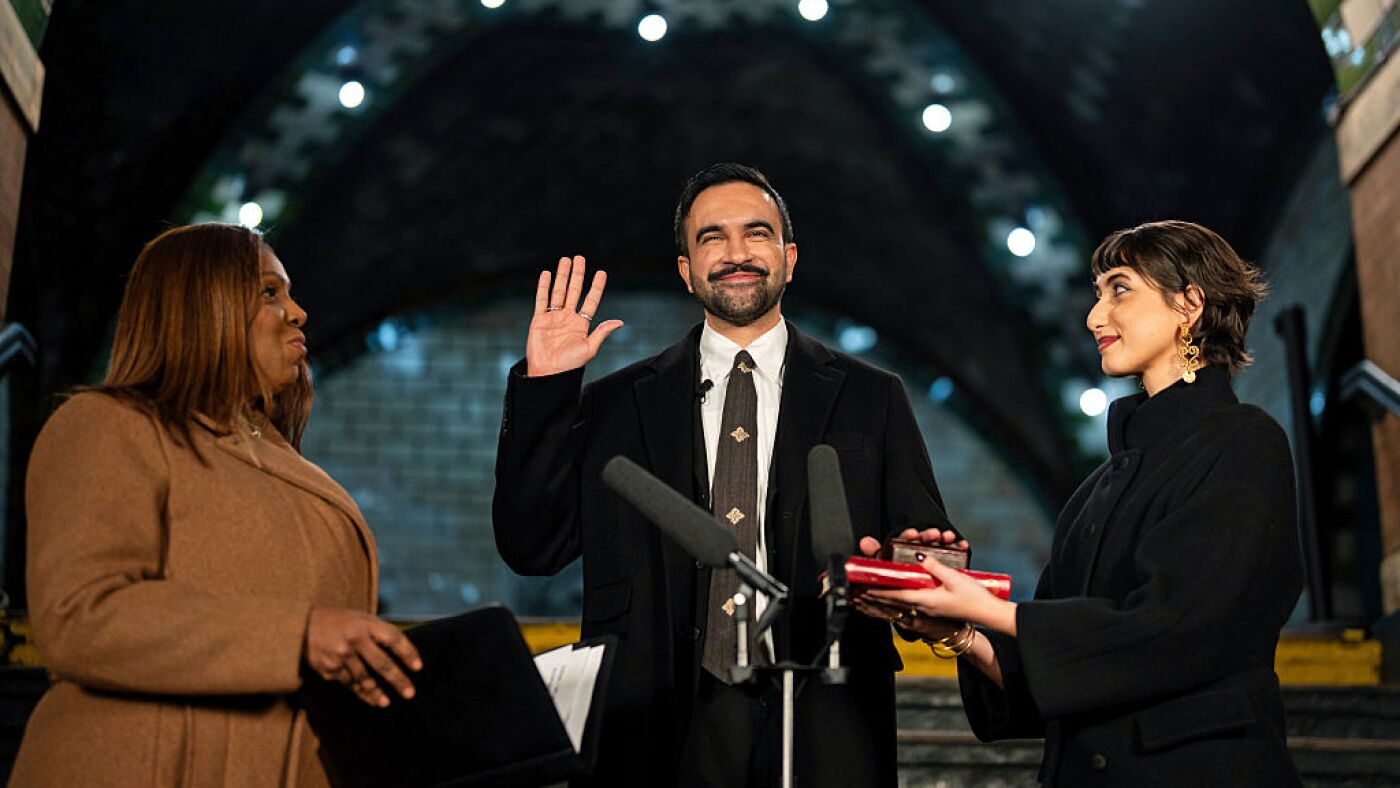
Zohran Mamdani is sworn in as New York City’s 112th mayor by New York Attorney General Letitia James, left, alongside his…
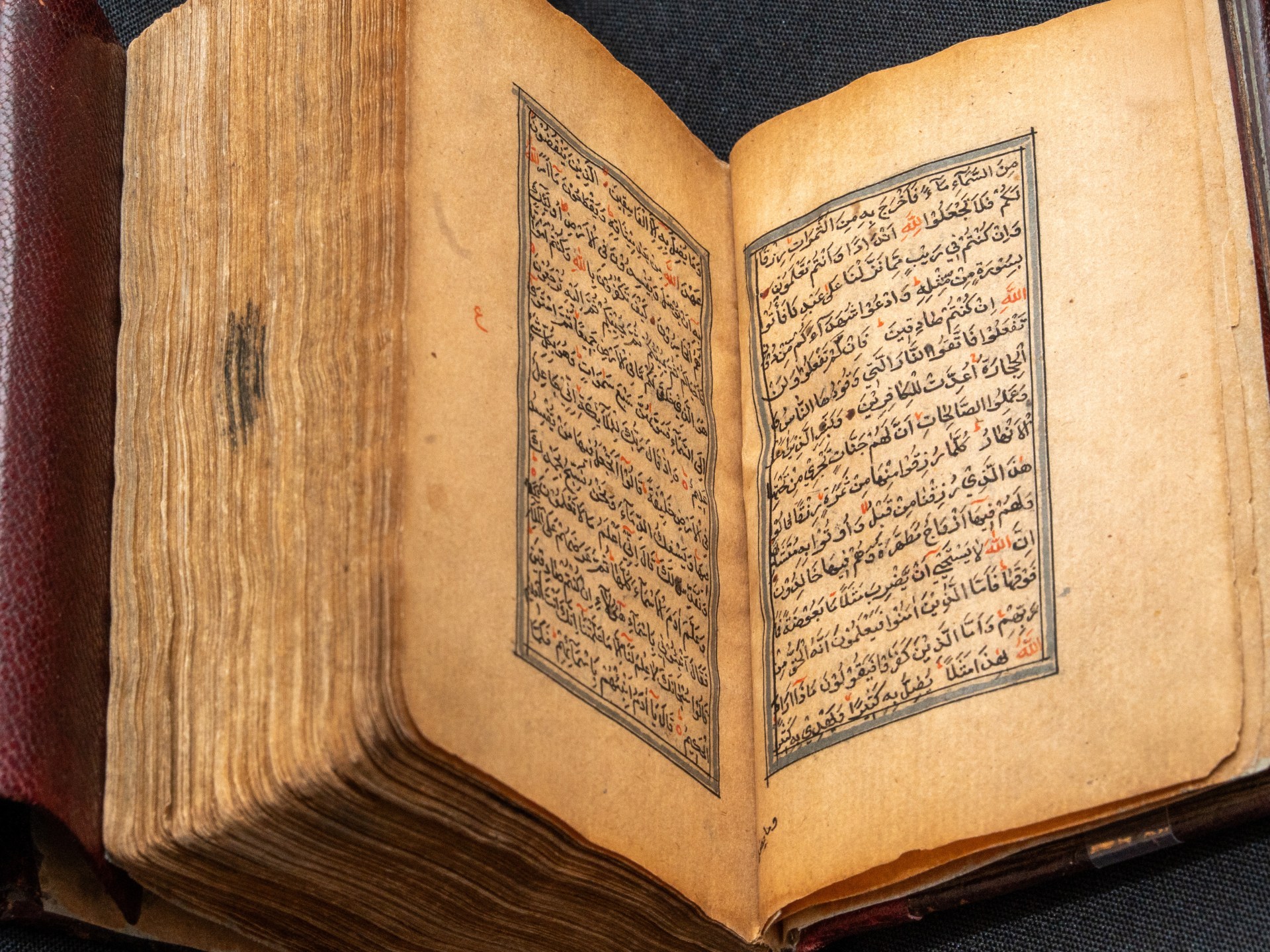
Incoming mayor uses edition symbolising New York City history; to use two family Qurans in public ceremony on Friday.
Zohran Mamdani on Thursday became the first New York City mayor to be sworn in using a Quran.
The first Muslim and South Asian…
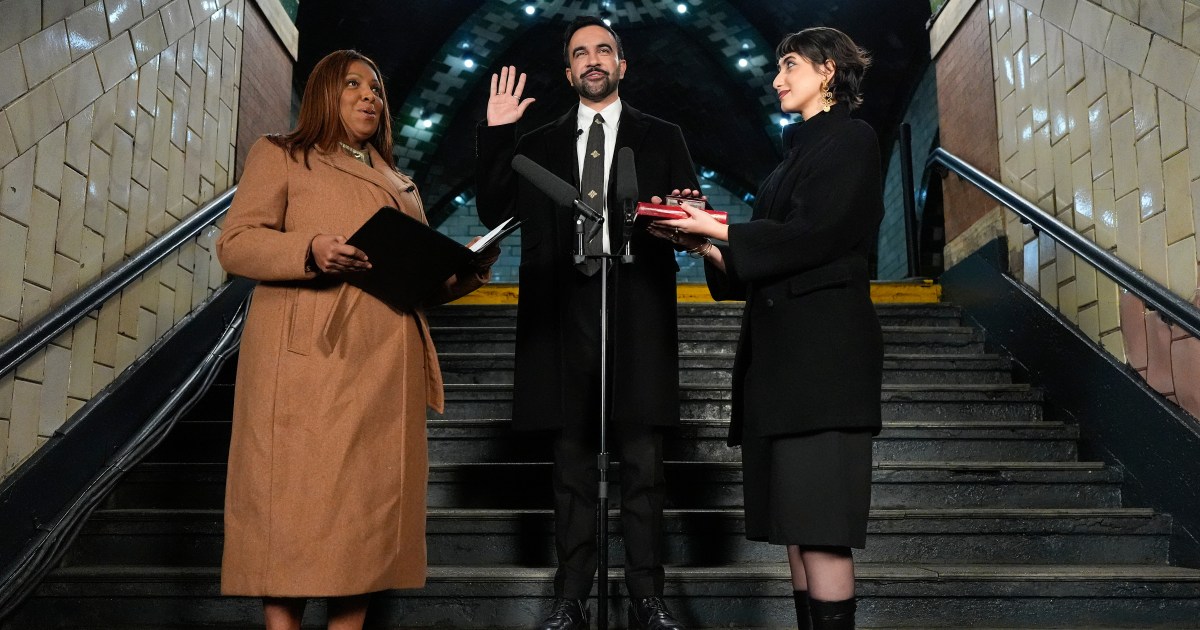
Zohran Mamdani has been sworn in as mayor of New York City, becoming the first Muslim and the youngest person in generations to take the oath of office in the United States’ biggest city.
Mamdani, a Democrat, was sworn in at a historic,…
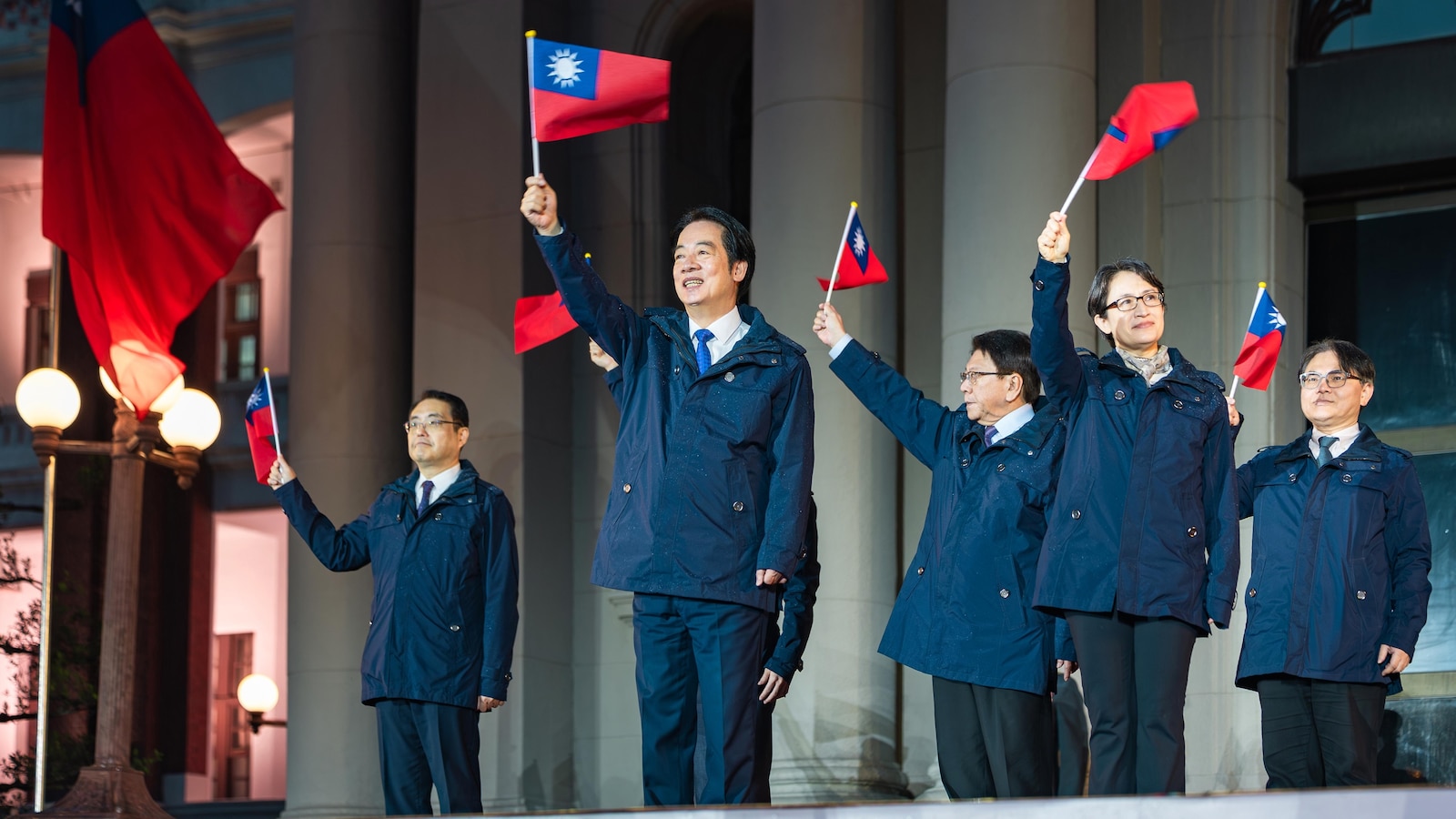
TAIPEI, Taiwan — Taiwanese President Lai Ching-te on Thursday vowed to defend the self-ruled island’s sovereignty in the face of China’s “expansionist ambitions,” days after Beijing wrapped up live-fire military drills around the island.
Continue Reading